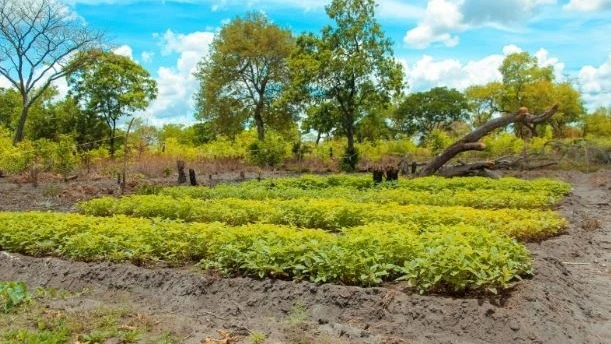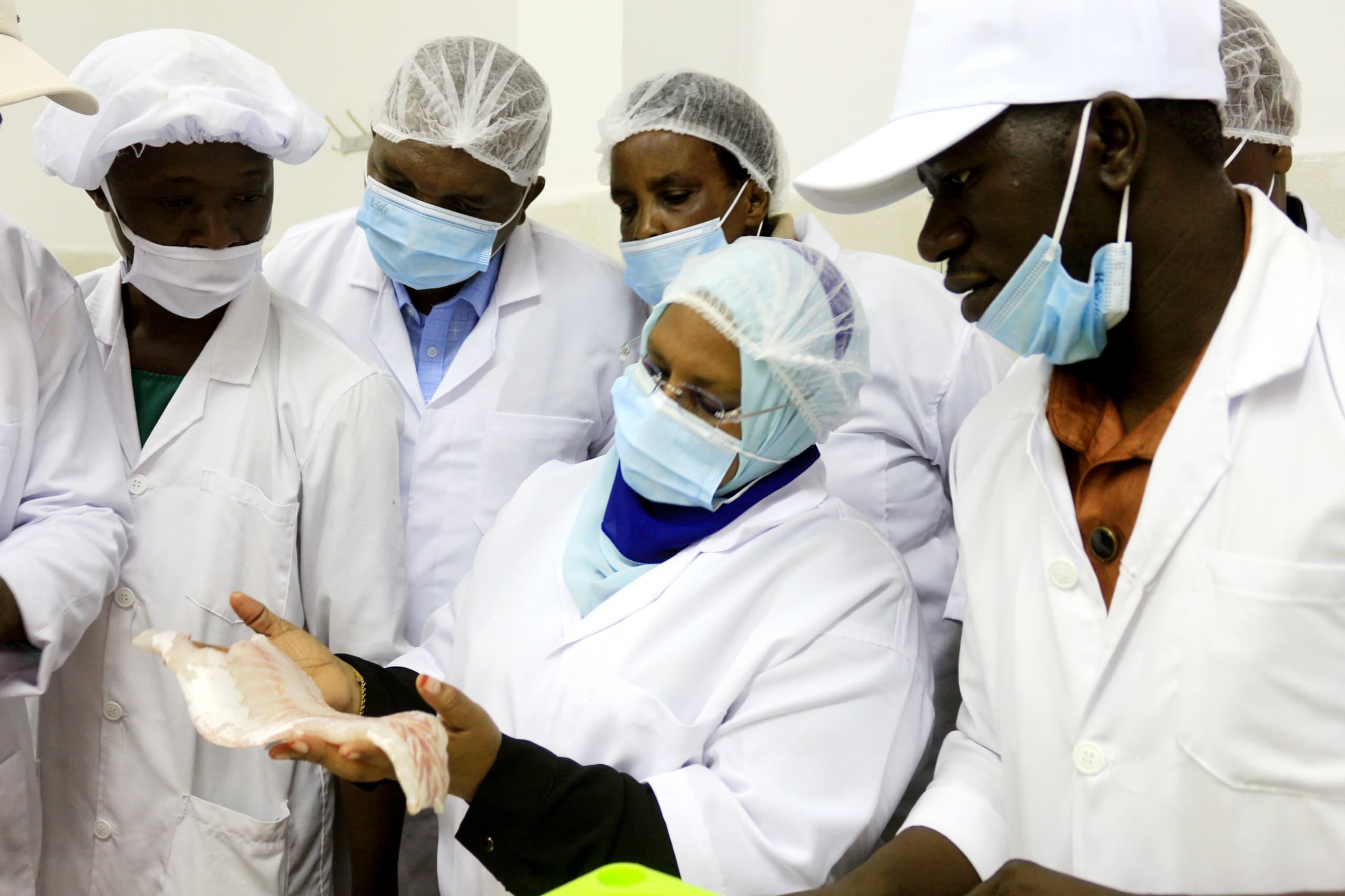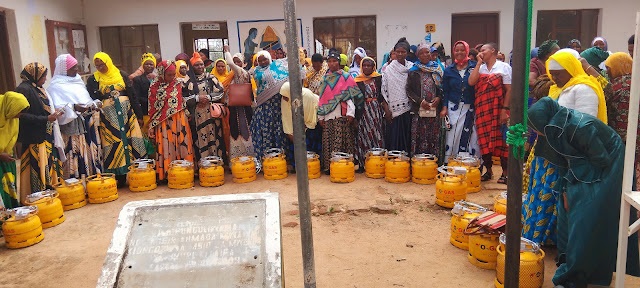Empowering communities through sustainable farming: The story of villagers in Liwale district

AGROECOLOGY helps rural farmers to enhance their livelihoods while promoting ecological balance and community well-being as it focuses on using natural processes, reducing reliance on industrial produced agricultural inputs like fertilizers and pesticides.
Agroecology preserves biodiversity, which supports long-term soil health and crop productivity. It is a cost effective way of farming as it minimises dependency on costly chemical inputs, thus allowing farmers to reduce expenses and increase profit. It supports small-scale farmers and champions’ biodiversity, soil health, and climate resilience.
In Liwale District, Lindi Region where the German Development Agency (GIZ) in collaboration with the Ministry of Natural Resources and Tourism is implementing the Mitigation of Human-Wildlife Conflict project, farmers in 11 villages that are involved in the project have been trained on how to practice sustainable farming—the activity which is implemented by SWISSAID Tanzania.
The villages are Turuki, Kitogoro, Mtawatawa, Mtawango, Nanjegeja, Chimbuko, Mkutano, Ngumbu, Nahoro, Naluleo and Kimbemba.
Anthony Kawishe, focal person for GIZ and SWISSAID Tanzania projects in the district said the organization has been supporting smallholder farmers in Liwale District to establish vegetable gardens as a way of minimising impacts caused by Human-Wildlife Conflict.
According to Kawishe, extension officers were trained in various agroecological methods, including the use of natural pesticides to control pests and diseases, and producing organic fertilizers such as compost from plant residues and livestock manure. These practices aim to reduce chemical use, safeguard human and environmental health as well as promoting sustainable farming technologies.
Following the training, extension officers returned to the villages and were tasked with a number of activities including formation of farmer’s groups. He said a total of 24 farmer groups were established, each consisting of 10 to 15 members.
These groups were trained on agroecological practices and were provided with relevant materials, such as watering cans, pesticide application tools, bio-fertilizer production equipment, and seeds for crops like tomatoes, cabbage, spinach, and green peppers.
Success stories
Demonstration farms were established to teach agroecological methods to villagers. In Mkutano village, a group of farmers has already harvested some crops, being able to save over 100,000/-. Other groups are at different stages of implementation.
Kawishe emphasized that farmers must strictly follow agroecological principles by avoiding the use of industrial fertilizers.
He added that plans are to make sure villagers apply similar farming technologies for other crops such as sesame and maize, noting SWISSAID Tanzania has shown willingness to support farmers practice agroecology for such crops in the coming framing season.
“The world is increasingly focusing on environmental conservation and protection of human health, thus making agroecology a timely solution,” he added.
Mwanahamis Abeid from Mtawango village said that despite its benefits, farmers face challenges such as limited access to raw materials for organic fertilizers.
“Livestock manure is not freely available; it has to be purchased. Some farmers lack relevant equipment to produce pesticides,” said Abeid whose group has 10 dedicated members involving in the cultivation of vegetables.
Faraji Ngunde from the same village highlighted the need for further education on bio-fertilizer production and pest control. He however acknowledged that the use of smelly repellent fence has been effective in deterring elephants, which previously caused significant damage to their vegetable gardens.
Future plans
Yunufu Luwango, an extension officer in Turuki village commended GIZ for coming up with project. He said training on preparation of smelly repellents as well as how to make fences has greatly helped farmers keep elephants away from their farms.
Deborah Missana, GIZ Technical Advisor, acknowledged the high cost of some raw materials for organic farming, encouraging farmers to focus on yields rather than costs.
Missana said they have been insisting on villagers to embark on community collaborative farming—a formal arrangement where farmers work together to cultivate crops in a community farm. This helps them to improve security as they work together to protect their crops from wild animals.
Community collaborative farming also increases productivity as farmers share resources and knowledge.
“When farmers cultivate their crops in one area it makes it easier to manage resources and enhance farm security,” said Missana, adding that through agroecology they are equipping farmers with sustainable farming skills, economic resilience, and long-term environmental conservation, thus leaving a lasting impact on the community.
Top Headlines
© 2024 IPPMEDIA.COM. ALL RIGHTS RESERVED

























